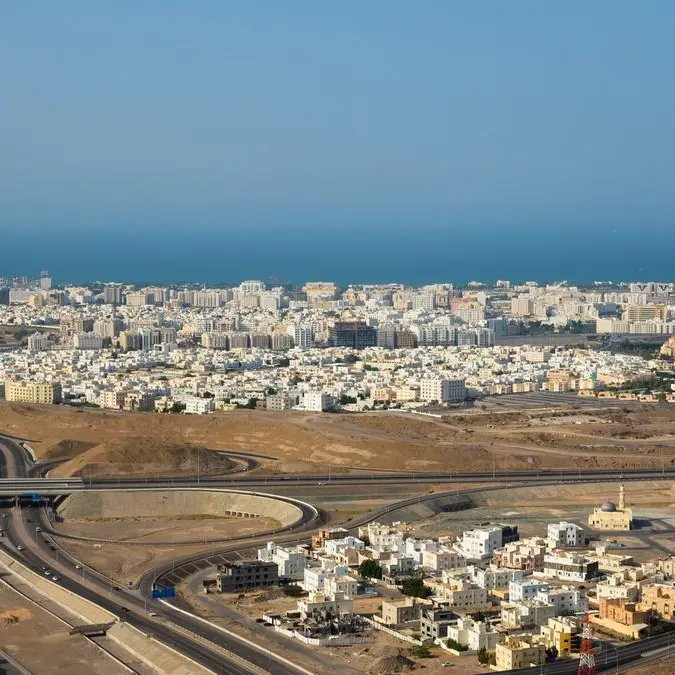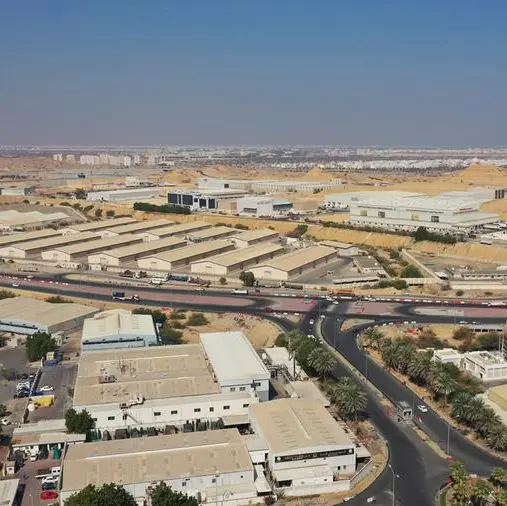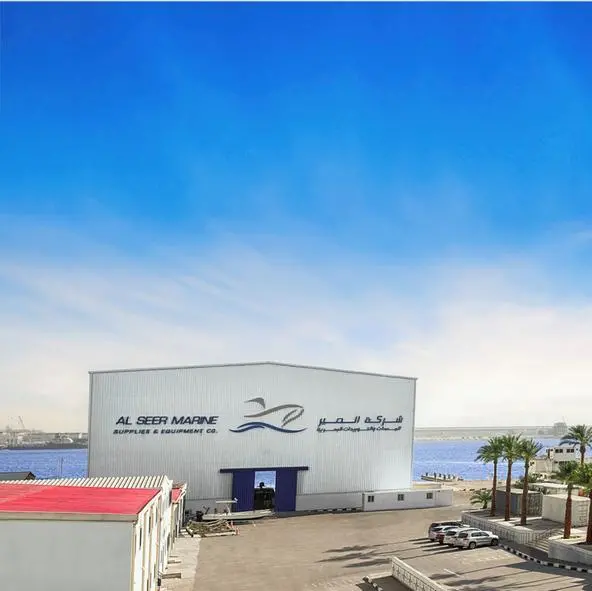PHOTO
The Ministry of Transport, Communications and Information Technology shared its plans to decarbonise the transport sector during the Green Mobility forum held yesterday.
According to officials, the Ministry has divided its green mobility plan into short, medium and long-terms plans. The first phase will promote the use of electric vehicles in the country.
Speaking to the Observer, Said al Maawali, Minister of Transport, Communications and Information Technology, shared that the Ministry has implemented various initiatives to encourage the use of electric vehicles in Oman. One such initiative seeks to support the roll-out of electric charging stations in the country.
According to Al Maawali, 145 charging stations will be available in the country by the end of the year and the figure is expected to increase to 250 by 2040.
“Today I can proudly say that we have enough chargers from the North to the South of Oman for all electric vehicle users, “he shared.
Additionally, the Government has also introduced multiple tax incentives to encourage the use of electric vehicles, including an exemption from value-added taxes, customs taxes, and registration fees at the Royal Oman Police.
The switch to electric vehicles has been identified as one of the major tools of decarbonising the transport sector. Passenger vehicles account for about 60 per cent of emissions within the sector.
Additionally, the short-term plan will also include the utilization of hydrogen cells for heavy long-distance trucks, the use of biofuels and establishing frameworks and legislation for future mobility.
The second phase of the plan will emphasize the use of public transport. According to the Under-Secretary of Transport, Eng Khamis Mohammed Abdullah al Shamakhi, a lack of infrastructure one of the main reasons behind the poor use of public transport in Oman.
The medium-term plan will focus on establishing the appropriate infrastructure to accommodate public transport in Oman.
This will include increased bus routes, and bus and car pool lanes.
Additionally, the plan will aim to link public transport routes to the Muscat Metro scheme. According to Net Zero Consultant at Ministry, Eng Abdullah al Busaidi, the metro will only be established after the creation of an efficient public transport system that can support the metro system.
The medium-term plan will also focus enabling the use of sustainable aviation fuel, establishing a regional green fuel maritime center, reducing port emissions and upgrading gas stations to include hydrogen fueling stations.
The long-term plan includes the transition to fully environmentally friendly and self-driving vehicles.
The transport sector amounts to 18 per cent of total carbon dioxide emissions in Oman according to the Net Zero Report . This figure is expected to rise to 41 per if nothing changes. It is worth noting that this figure excludes emissions from maritime and air travel.
2022 © All right reserved for Oman Establishment for Press, Publication and Advertising (OEPPA) Provided by SyndiGate Media Inc. (Syndigate.info).





















